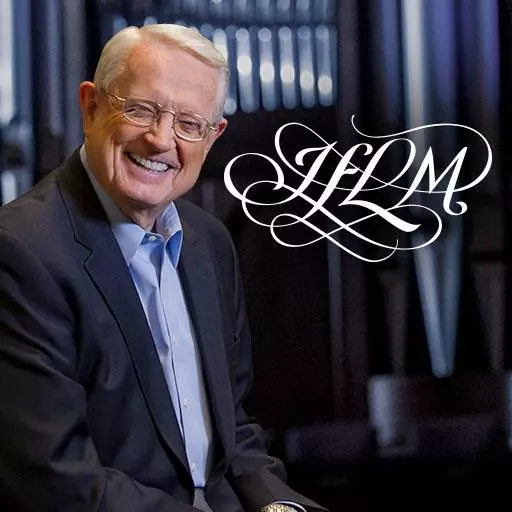Our study of Solomon’s fatherly advice has helped us appreciate the importance of guarding our heart, our inner self. He then explains why. The conjunction for could be translated “because.” The Hebrew word typically indicates an answer to the question why. We must guard the heart because “from within it” something extremely important occurs.
The Hebrew motzah is translated “springs.” Literally, it means “the act or place of going out.” It is the place from which one comes or to which one goes. The preposition from tells us that the context here is a place from which life comes: the inner self is the very source of our lives.
Western Greek philosophy, however, has taught us to think of life as a kind of energy or animating force that keeps someone alive. Some Far Eastern religions think of life in this way as well. In contrast, the Hebrews regard life as the sum total of a person’s deeds. They thought in very practical terms, so wisdom isn’t determined by what a person knows, but by what he or she does. To modify a quote from the movie Forrest Gump, “Wisdom is as wisdom does.” Similarly, Hebrew writers defined a life as something a person chooses to do or become. Like a house, a life is built, deed by deed, day by day, resulting in something to be observed and examined by later generations.
According to Solomon’s counsel, the inner self is the source of the life we construct as we respond to crises, make decisions, interact with people, and—most importantly—behave wisely. As he stated earlier, “The fear of the LORD is the beginning of knowledge; fools despise wisdom and instruction” (Proverbs 1:7). “In all your ways acknowledge Him, and He will make your paths straight” (3:6). Basically, then, this call to “Watch over your heart with all diligence” is dealing with the will of God—both our discovering it and our walking in it.
Now let’s put all the pieces of our research together and see what the verse actually says. A paraphrase based on the Hebrew text might read:
More than all else to be closely watched and protected (like a city or a bank vault), protect your inner self—your mind, your emotions, your character, your discernment—like a sentry at the gate watches over a city from his watchtower, because this is the source of all the decisions, responses, and deeds that represent your life.
Read that over again, this time very slowly.
When we combine this idea with the truth of Proverbs 3:6—“In all your ways acknowledge Him, and He will make your paths straight”—a more complete picture begins to take shape. Like a sentry on a watchtower, we must keep out anything that would endanger the stronghold of our heart and instead swing the gate wide open for knowledge of God—knowledge of His character, His values, His attributes, and His will. According to Solomon, we have no greater duty than to keep our heart in a perpetual state of readiness, receptivity, purity, and sensitivity.
From Living the Proverbs by Charles R. Swindoll, copyright © 2012. Reprinted by permission of Worthy Inspired., an imprint of Hachette Book Group, Inc.
Used with permission. All rights reserved.
Listen to today's broadcast of Insight for Living with Chuck Swindoll at OnePlace.com.
Visit the Bible-teaching ministry of Chuck Swindoll at www.insight.org.




